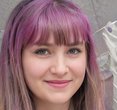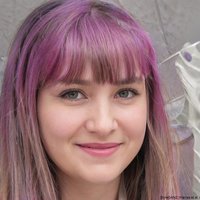
Robert Redford’S Sundance Legacy: Championing Indie Films Beyond Hollywood’S Glitz on ONDA LA
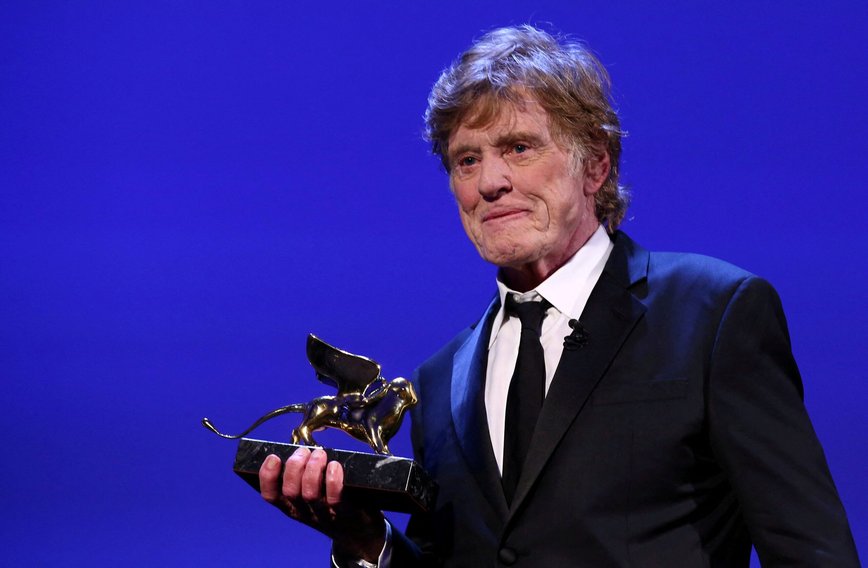
Redford’s Indie Revolution Starts in the Utah Hills
Back in 1981, Robert Redford rolled the dice on a wild idea - a cinematic getaway in the rugged Utah mountains that film critic Roger Ebert dubbed a 'summer camp' for creatives. He invited 10 scrappy filmmakers with low-budget dreams to brainstorm, collaborate, and carve out a space far from Hollywood’s blockbuster machine. Little did anyone know, this SoCal-born star was planting the seeds for a movement that’d change the game for indie films.
Fast forward four decades, and Redford - who passed away at 89 on Tuesday - is being hailed as the godfather of independent cinema. The Sundance Film Festival, his brainchild, became the ultimate launchpad for stories that didn’t fit the studio mold. From the snowy slopes of Park City to the red carpets of awards season, Sundance proved you didn’t need a Hollywood zip code to make waves.
Redford’s vision wasn’t just about his own art - it was about passing the mic. He turned his Utah retreat, bought in the ‘70s as a family escape, into the nonprofit Sundance Institute, a haven for aspiring directors and writers. Named after his iconic role in Butch Cassidy and the Sundance Kid, it was all about nurturing raw talent with mentorship from industry heavyweights.
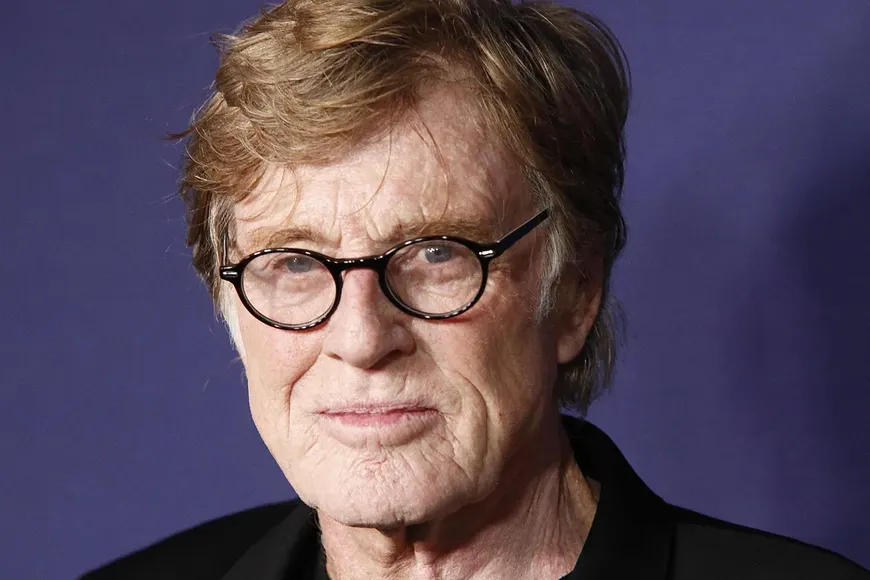
A Festival That Shook Up Tinseltown
By the late ‘80s, Sundance Film Festival - typically kicking off in January and February - had grown into a cultural juggernaut. It wasn’t just a cozy mountain meet-up anymore; it became the spot where risky, bold stories found their audience. Think of it as the anti-Hollywood, a place with SoCal summer energy even in the dead of winter, where underdogs could score big.
Hollywood couldn’t ignore it for long. In 1989, Miramax scooped up Steven Soderbergh’s Sex, Lies, and Videotape, and suddenly, studio execs were flocking to Park City hunting for the next indie gem. 'Sundance showed you could build a whole community around independent films, separate from the Hollywood machine,' said Eric Kohn, artistic director for Southampton Playhouse and a Sundance veteran.
'Robert Redford didn’t just create a festival; he built a lifeline for storytellers who didn’t have a voice in the big studios - that’s pure LA-to-Utah magic,' reflected a longtime Sundance attendee.
From Tarantino to Oscar Gold: Sundance’s Star Power
Sundance didn’t just launch films - it launched legends. Filmmakers like Quentin Tarantino, Darren Aronofsky, Paul Thomas Anderson, and Chloe Zhao got their start here, alongside iconic flicks like Clerks, Reservoir Dogs, Donnie Darko, and The Blair Witch Project. Even Oscar darling Coda, which snagged Best Picture, owes its breakout moment to Sundance’s stage.
Actor Marlee Matlin summed it up on social media: 'Our film Coda reached the world because of Sundance, and Sundance happened because of Robert Redford. A true genius is gone.' It’s a sentiment echoed by many who saw Redford not just as a star, but as a mentor who rolled up his sleeves - often spotted on his motorcycle outside the Institute’s offices, ready to dive into scripts.
Redford himself told Reuters in 2016 that seeing Sundance thrive was a 'tremendous thrill,' a way to keep diversity alive in an industry that can feel like a cookie-cutter factory. His mission? Support artists and protect their freedom to tell unfiltered stories, no matter where they came from.
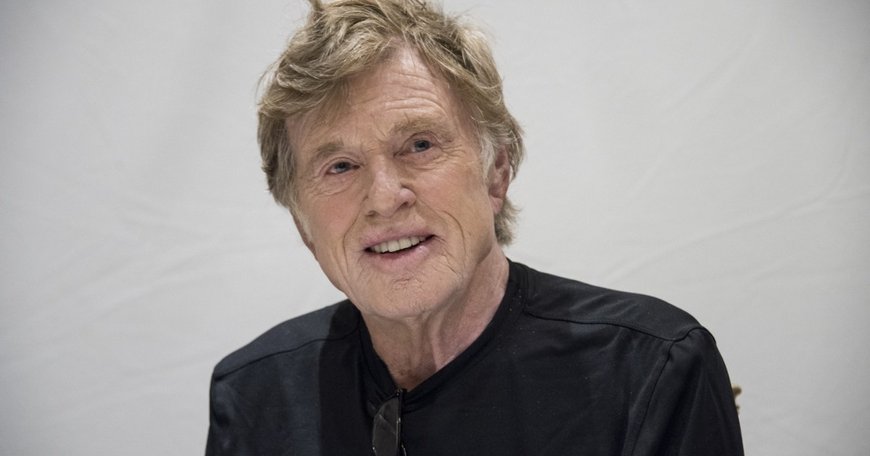
Sundance’s Next Chapter: From Park City to Boulder
Redford’s baby grew so big that it’s outgrowing its original home. This year, organizers dropped the bombshell that Sundance will pack up and move from Park City, Utah - a quaint ski town turned indie mecca - to Boulder, Colorado, by 2027. It’s a bittersweet shift, but proof of just how massive this festival has become.
Tori A. Baker, CEO of the Salt Lake Film Society and a former Sundance insider, can’t overstate Redford’s impact. 'Nobody did what Bob did. He didn’t just focus on his own craft - he asked, how can I help you tell your story?' she said. It’s that selfless, West Coast vibe of community over competition that keeps his legacy alive.
From a quiet retreat to a global phenomenon, Redford’s Sundance isn’t just a festival - it’s a reminder that the real magic in cinema often happens off the beaten path, far from the Hollywood sign. As LA mourns one of its own, we’re tipping our hats to a legend who made sure every filmmaker had a shot at their close-up.
